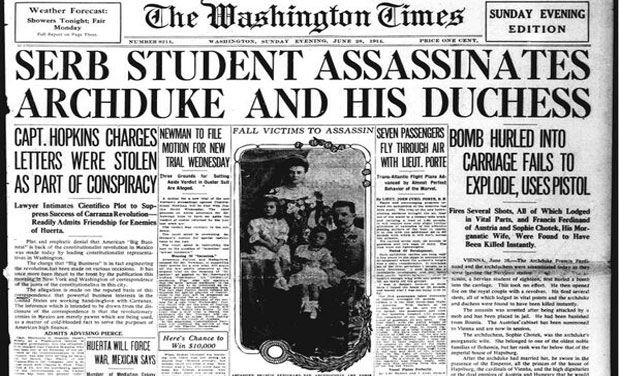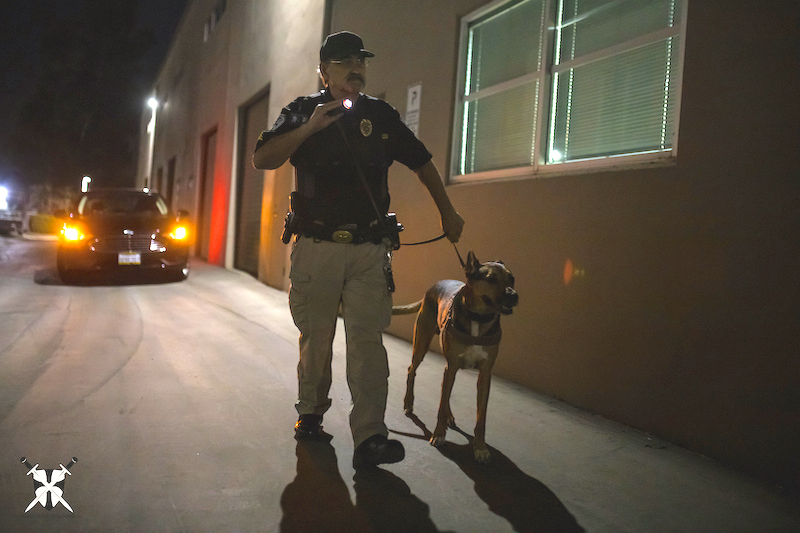Epic Security Failures of History Pt. 1
The Assassination of Archduke Ferdinand
On June 28, 1914, Archduke Franz Ferdinand of Austria-Hungary and his wife, Sophie, Duchess of Hohenberg, embarked on a fateful journey to Sarajevo, Bosnia. Little did they know that their trip would lead to one of the most significant security failures in history, ultimately triggering World War I.
The early 20th century was a period of intense political turmoil in Europe. Nationalism, ethnic tensions, and revolutionary movements simmered beneath the surface, particularly in the Balkans. The Archduke's visit to Sarajevo, then part of Austria-Hungary, was seen as an opportunity to showcase imperial authority and quell dissent.
However, the visit coincided with the anniversary of the 1389 Battle of Kosovo, a deeply significant date for Serb nationalists. This fueled existing tensions, as Bosnia was home to many Serbs who sought to unite with Serbia and free themselves from Austrian rule. These nationalist sentiments provided fertile ground for radical groups.
Despite the turbulent backdrop, the security arrangements for Archduke Franz Ferdinand's visit were far from adequate. There were multiple warning signs that should have raised alarm bells but were tragically ignored.
Austrian authorities had information about potential threats from Serbian nationalist groups, including the infamous Black Hand secret society. However, the intelligence was not effectively acted upon.
The route of the Archduke's motorcade was widely publicized, allowing potential assassins to plan their attack with precision.
As a sign of goodwill and trust in the local population, the Archduke's security was understaffed. Only around 60 police officers were assigned to protect him during the visit.
In comparison the current US president has over 3,200 secret service agents guarding him at all times. Despite the known risks, the Archduke and his wife traveled in an open-top car, exposing themselves to potential threats.
Several individuals were responsible for the security of Archduke Franz Ferdinand during his ill-fated visit:
As the Governor of Bosnia, Oskar Potiorek, was the highest-ranking Austrian official in the region and responsible for coordinating the Archduke's security.
Franz Graf Harrach, was the Archduke's personal aide-de-camp and played a key role in advising on security measures.
As the head of the Black Hand secret society, Dragutin Dimitrijević, was the mastermind behind the assassination plot. He had a network of agents and sympathizers throughout the region.
Several explanations have been offered for the security failures that led to the assassination. Some officials, including Governor Potiorek, underestimated the threat level, assuming that the visit would proceed without incident. They believed that the Serb nationalists would not dare to attack.
The Archduke himself was overconfident in his security, often dismissing precautionary measures as excessive. This attitude contributed to the decision to use an open-top car.
There was a lack of coordination and communication between various security agencies. This confusion hindered the ability to respond effectively to potential threats.
In the end, both Archduke Franz Ferdinand and his wife Sophie, Duchess of Hohenberg, were shot to death at close range.
It is not an over exaggeration to say that this event sparked everything that followed in cladding the first and second wolf wars which in themselves sparked everything else that we know today. However, what if Archduke Ferdinand wasn’t assassinated. If he had survived, several potential outcomes might have materialized:
1. No World War I
Without the catalyst of Franz Ferdinand's assassination, the alliances and tensions that culminated in World War I may not have ignited. This could have averted the global conflict, saving millions of lives.
2. Continued Austro-Hungarian Empire
The survival of the Archduke could have meant a longer life for the Austro-Hungarian Empire, which was already facing internal and external pressures. This could have led to reforms or negotiations to address the empire's challenges.
3. Different Political Landscape
The absence of World War I could have resulted in a significantly different political landscape in Europe and beyond. The rise of totalitarian regimes like Nazi Germany and the Soviet Union might have been altered or delayed.
The lesson of this event seems to be a familiar one to mankind. Ignoring warning signs coupled with inadequate security measures, and a volatile political environment can converge to set off a cataclysmic chain of events. Speculating on alternative histories is always complex, but it is clear that the assassination had far-reaching consequences that continue to shape the world today.





